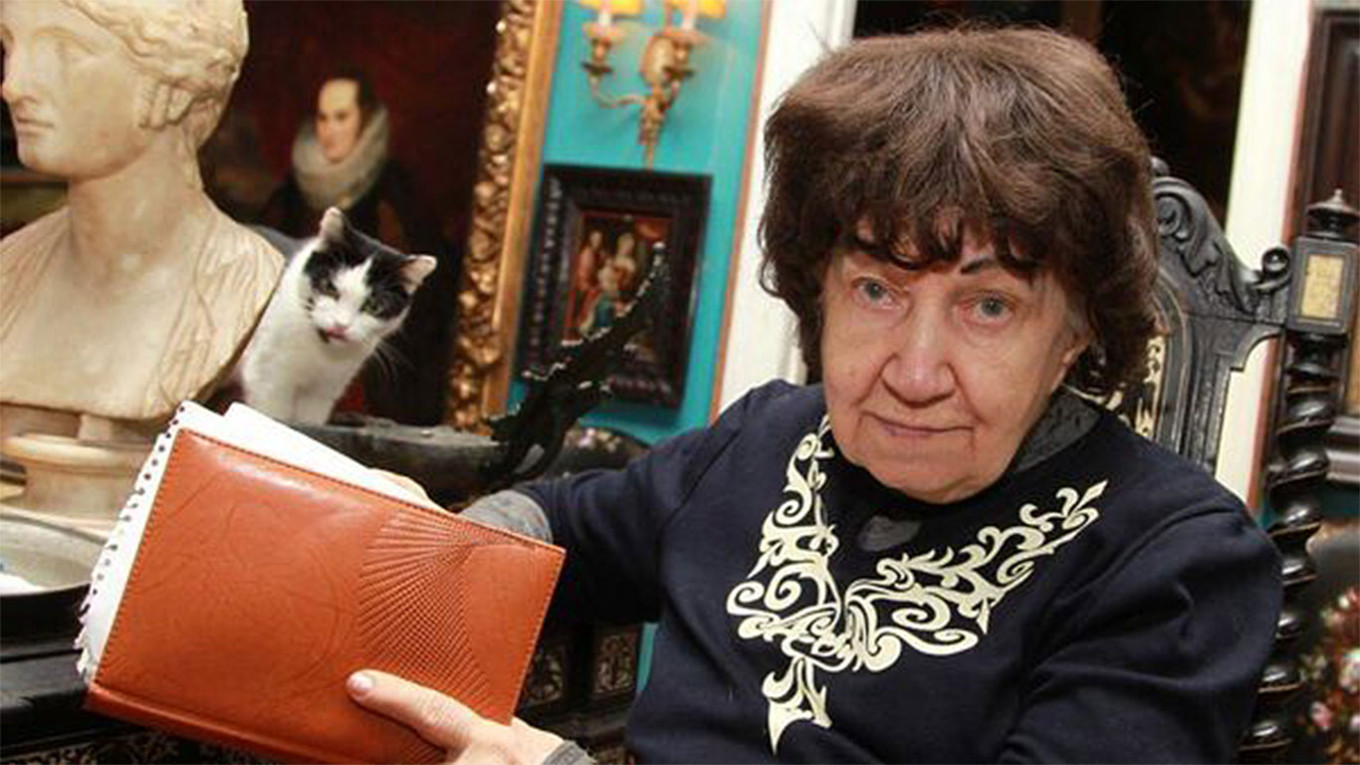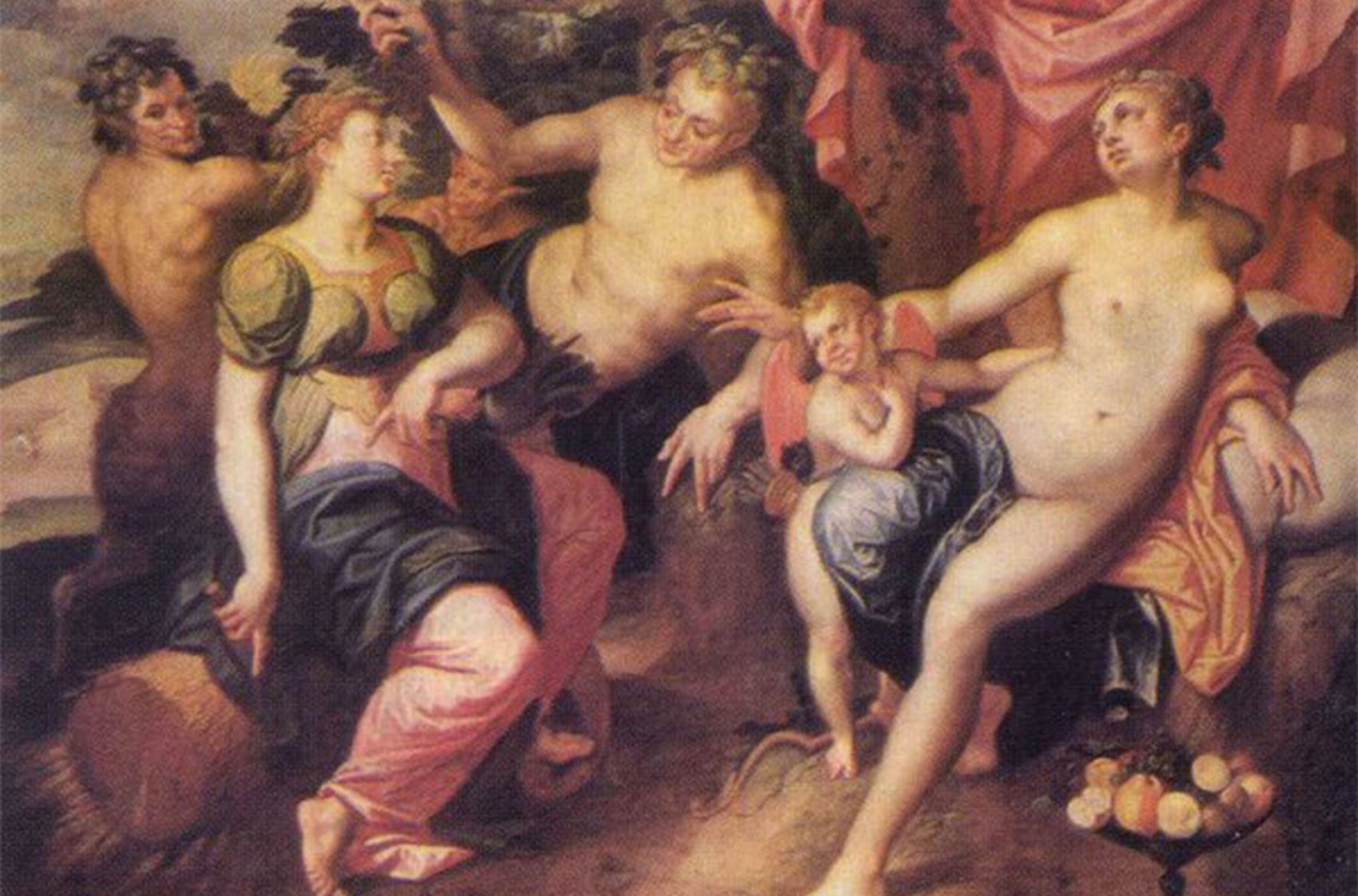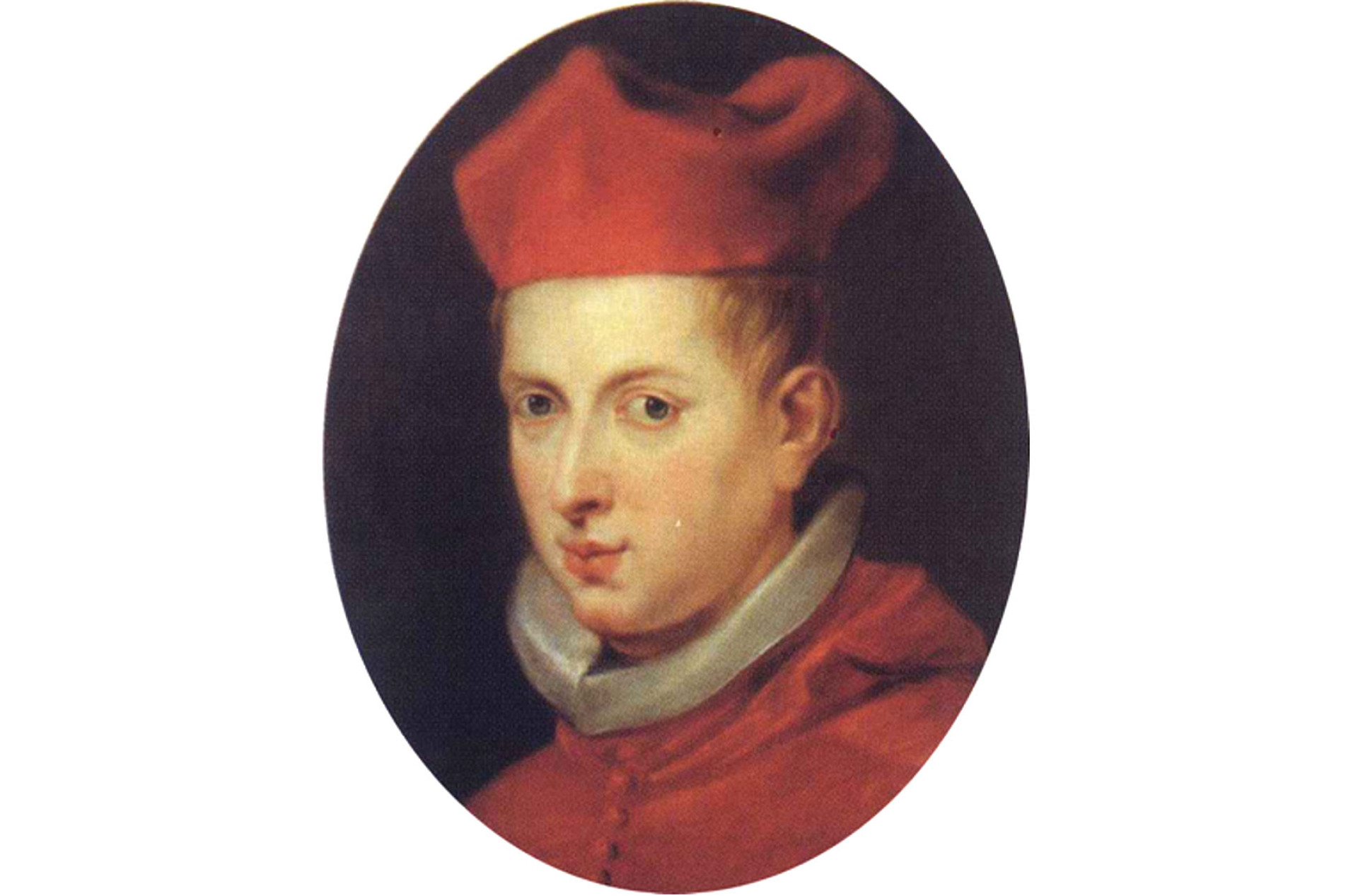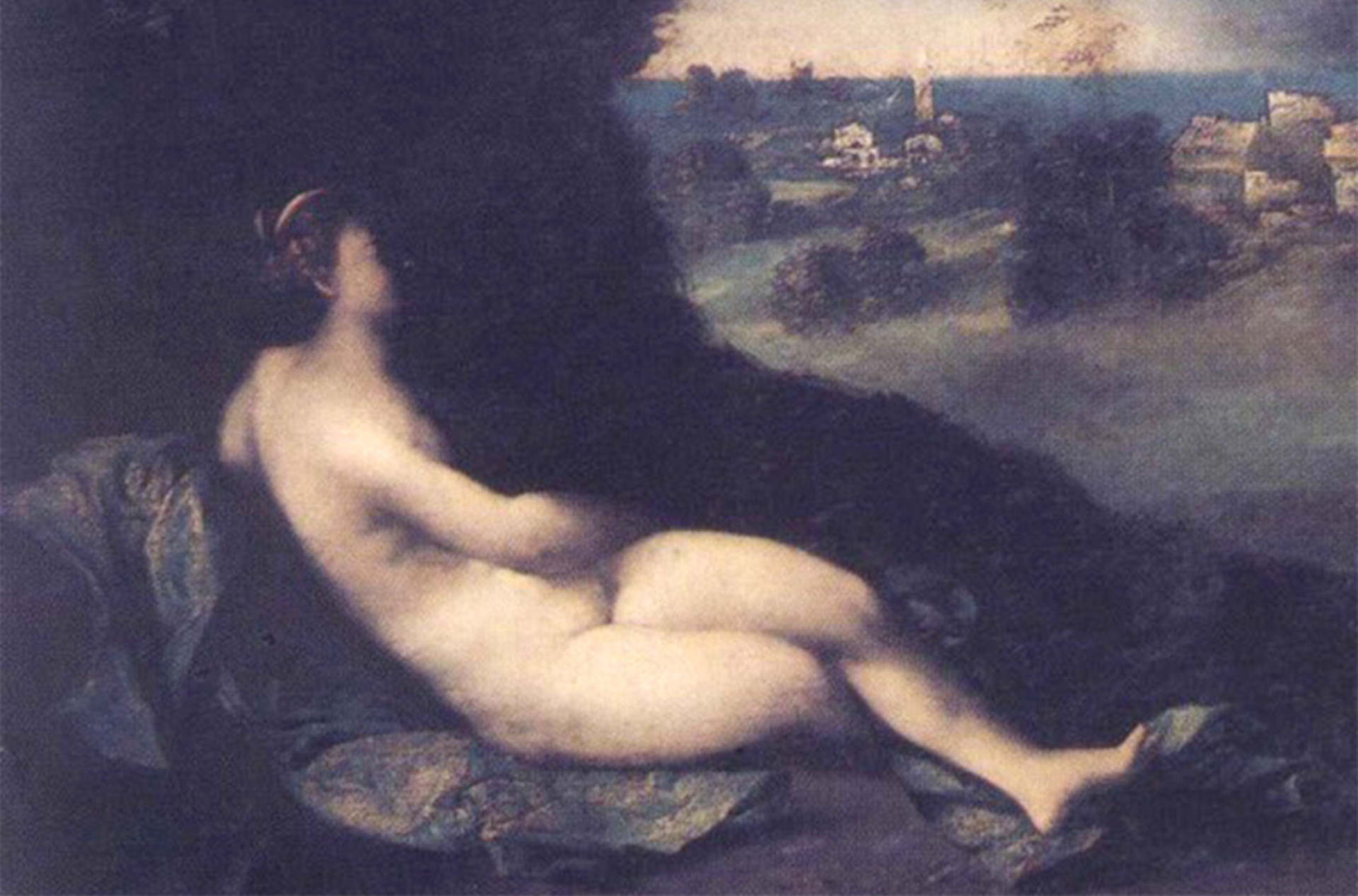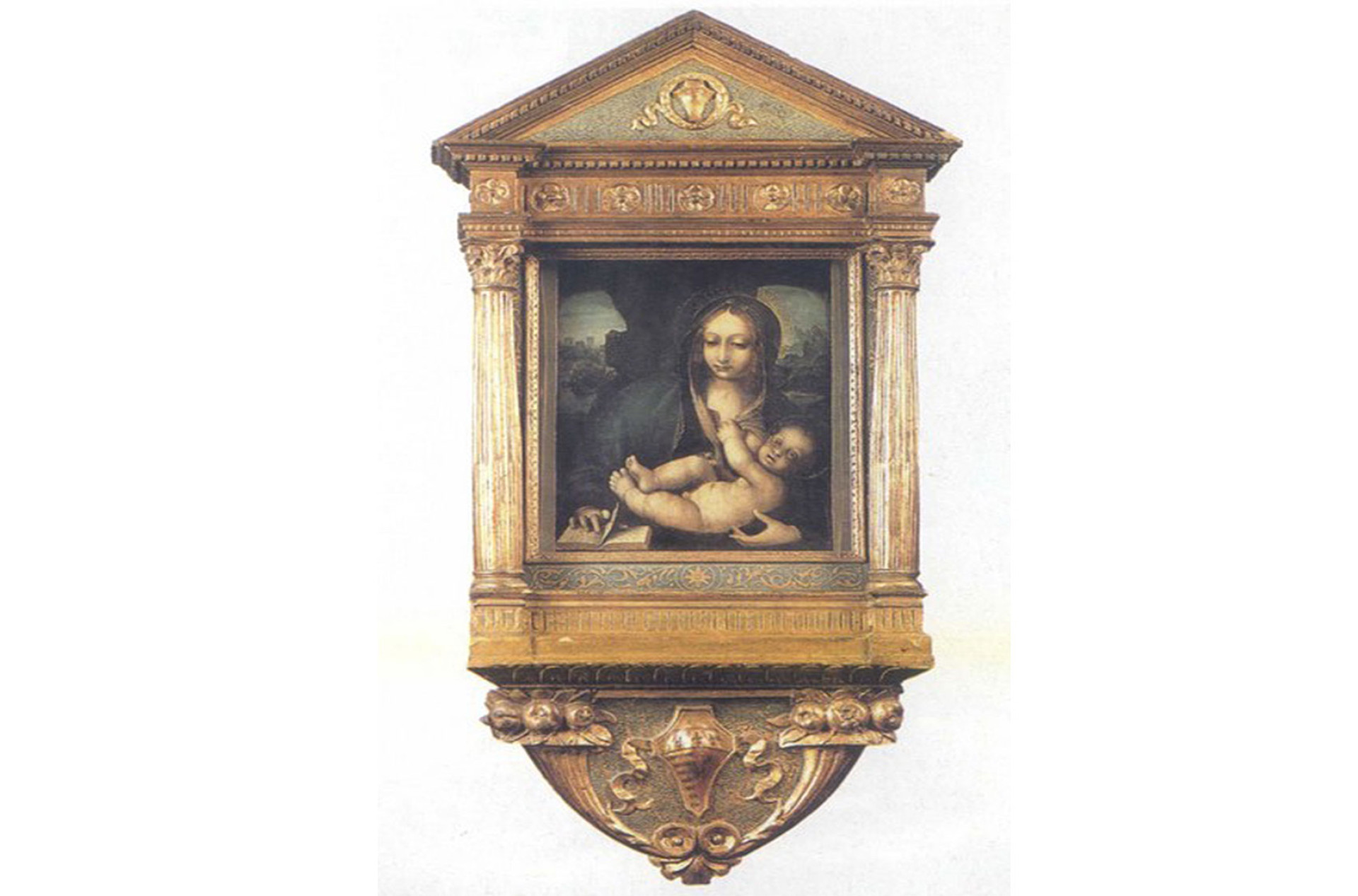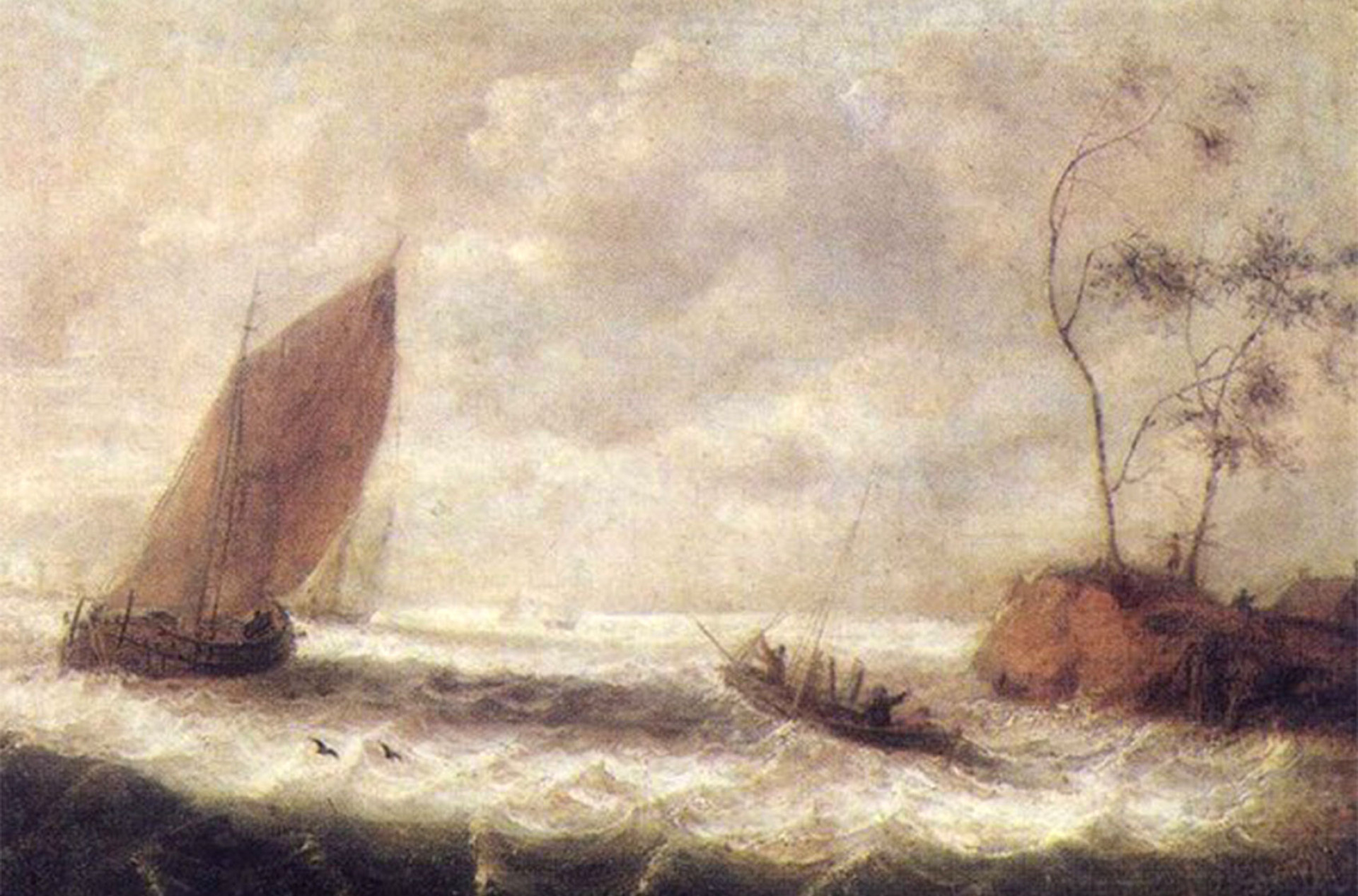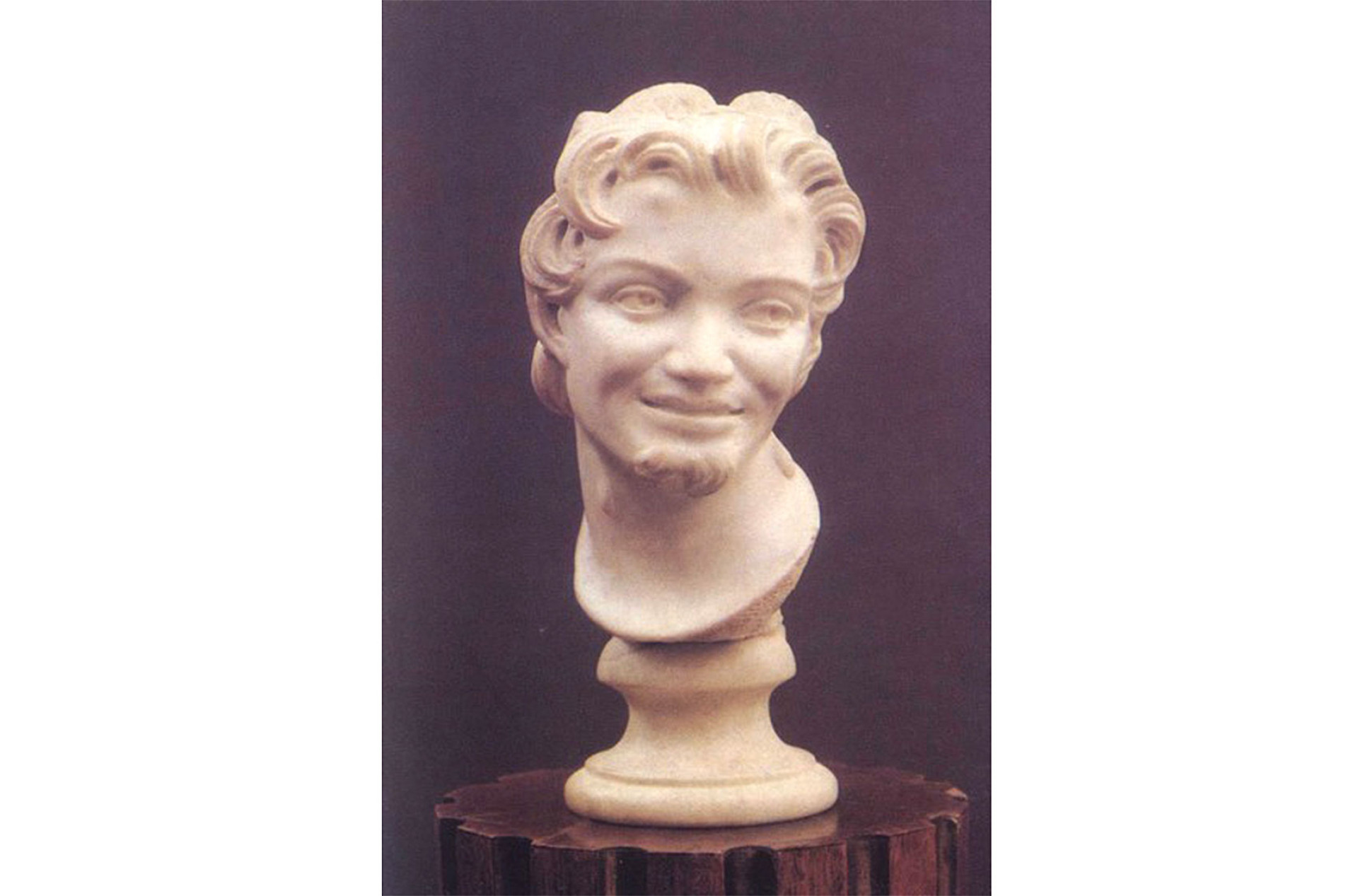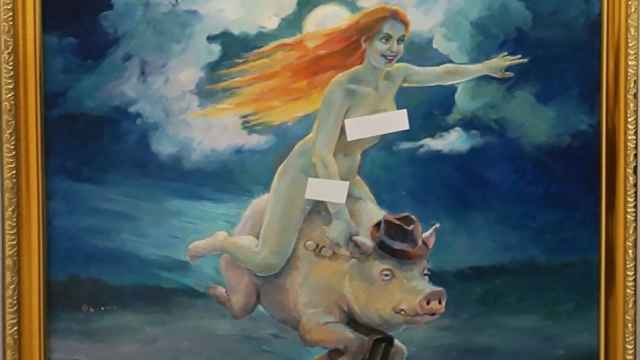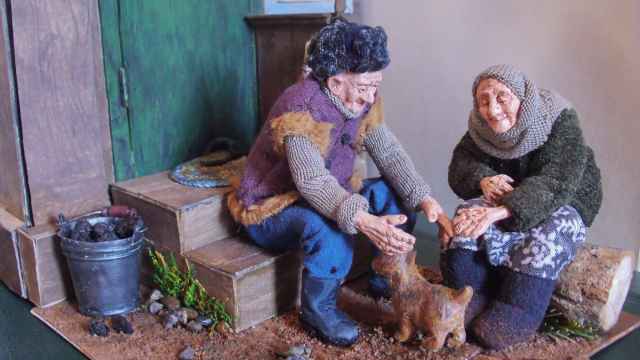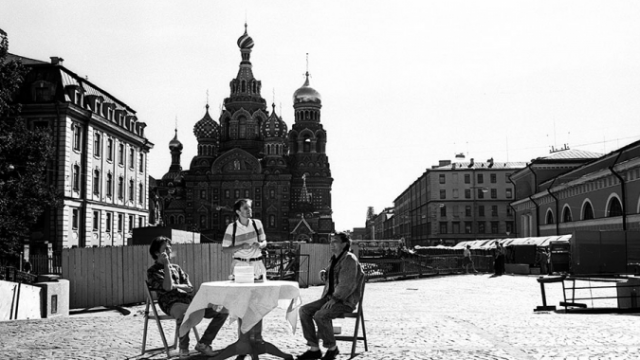Russian art critic Nina Moleva has died at age 98, bequeathing a mysterious collection of works she claimed to be worth $2 billion to President Vladimir Putin.
“Nina Mikhailovna Moleva — writer, outstanding scholar of history and art, journalist and war veteran — passed away on Feb. 11,” Russia’s Culture Ministry told Interfax on Wednesday.
Moleva was said to own a collection of more than 1,000 paintings, sculptures and other artworks including works by masters such as da Vinci, Rembrandt, Titian and Michelangelo.
The collection was housed in a three-room apartment in central Moscow under 24-hour security.
She had claimed that the Paris-based auction house Hotel Drouot valued the collection at a starting price of $400 million and an estimated real value of $2 billion.
Journalists and fellow art critics cast doubt on Moleva’s claims, and the Pushkin Museum of Fine Arts refused to accept the collection when she initially tried to donate it.
Moleva then planned to bequeath the collection to the state, but she wrote down Putin’s name after learning from her lawyer that she needed to name an individual, according to the Moskovsky Komsomolets tabloid.
“I have left it to the president,” Moleva told The Moscow Times by phone in 2015. “I have nothing else to say.”
One of several theories about the collection stated that Moleva and her late husband, the well-known avant-garde artist Ely Belyutin, may have collected and dealt art for Soviet leaders.
Another theory is that Belyutin, who was rumored to have worked as a Soviet military intelligence officer, may have smuggled the works from wartime Europe.
The couple claimed that Belyutin’s grandfather Ivan Grinyov, a stage artist at Moscow’s imperial theaters, had started the collection as an aspiring patron of the arts.
Grinyov hid his collection from the Bolsheviks during the 1917 revolution, according to the family’s story.
In 1968, Moleva and Belyutin won the right to move back into three of the rooms in what was originally a 12-room apartment, where they claimed to have found the hidden trove of art in a fake attic, just where their ancestor supposedly left it.
A Message from The Moscow Times:
Dear readers,
We are facing unprecedented challenges. Russia's Prosecutor General's Office has designated The Moscow Times as an "undesirable" organization, criminalizing our work and putting our staff at risk of prosecution. This follows our earlier unjust labeling as a "foreign agent."
These actions are direct attempts to silence independent journalism in Russia. The authorities claim our work "discredits the decisions of the Russian leadership." We see things differently: we strive to provide accurate, unbiased reporting on Russia.
We, the journalists of The Moscow Times, refuse to be silenced. But to continue our work, we need your help.
Your support, no matter how small, makes a world of difference. If you can, please support us monthly starting from just $2. It's quick to set up, and every contribution makes a significant impact.
By supporting The Moscow Times, you're defending open, independent journalism in the face of repression. Thank you for standing with us.
Remind me later.


